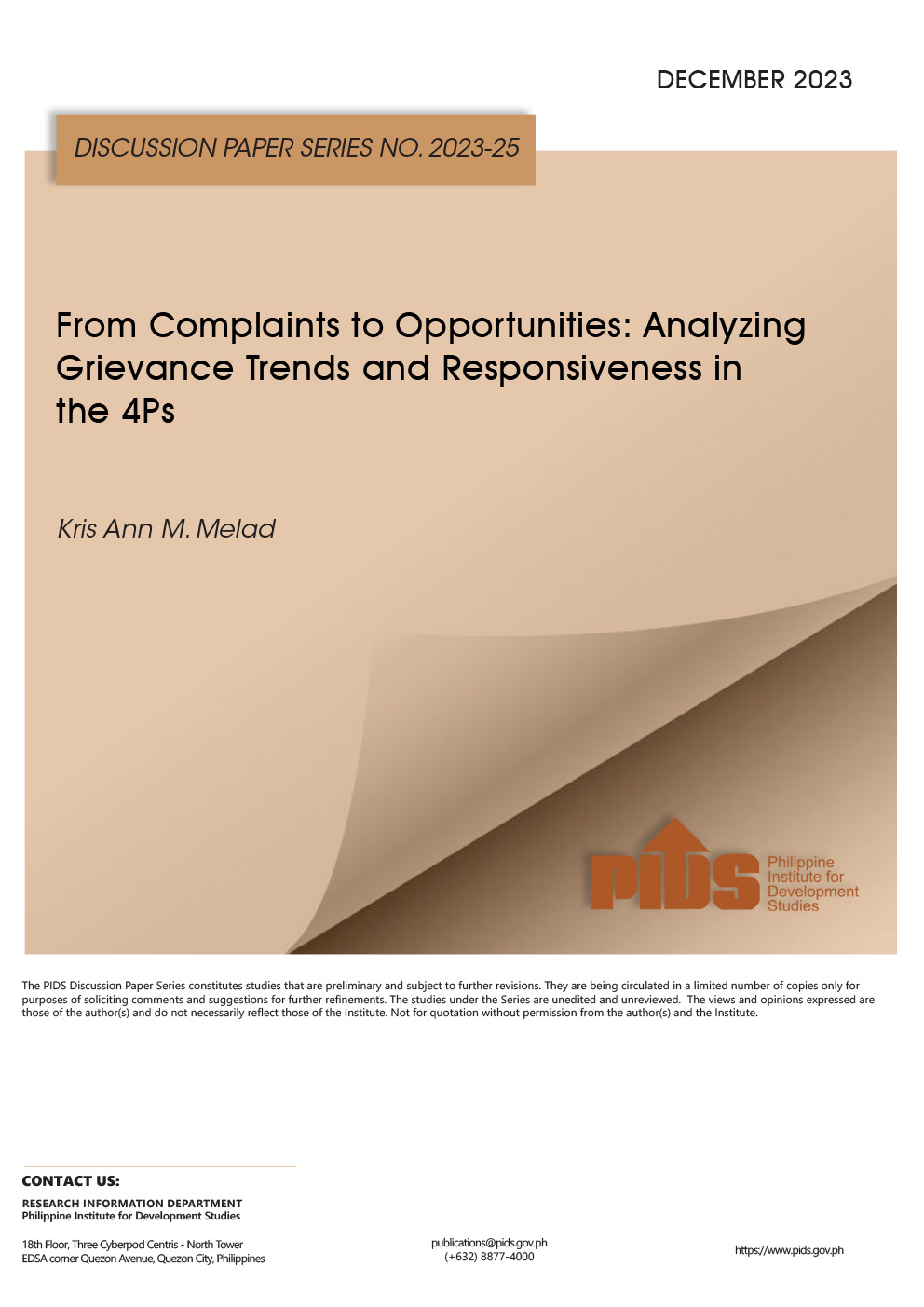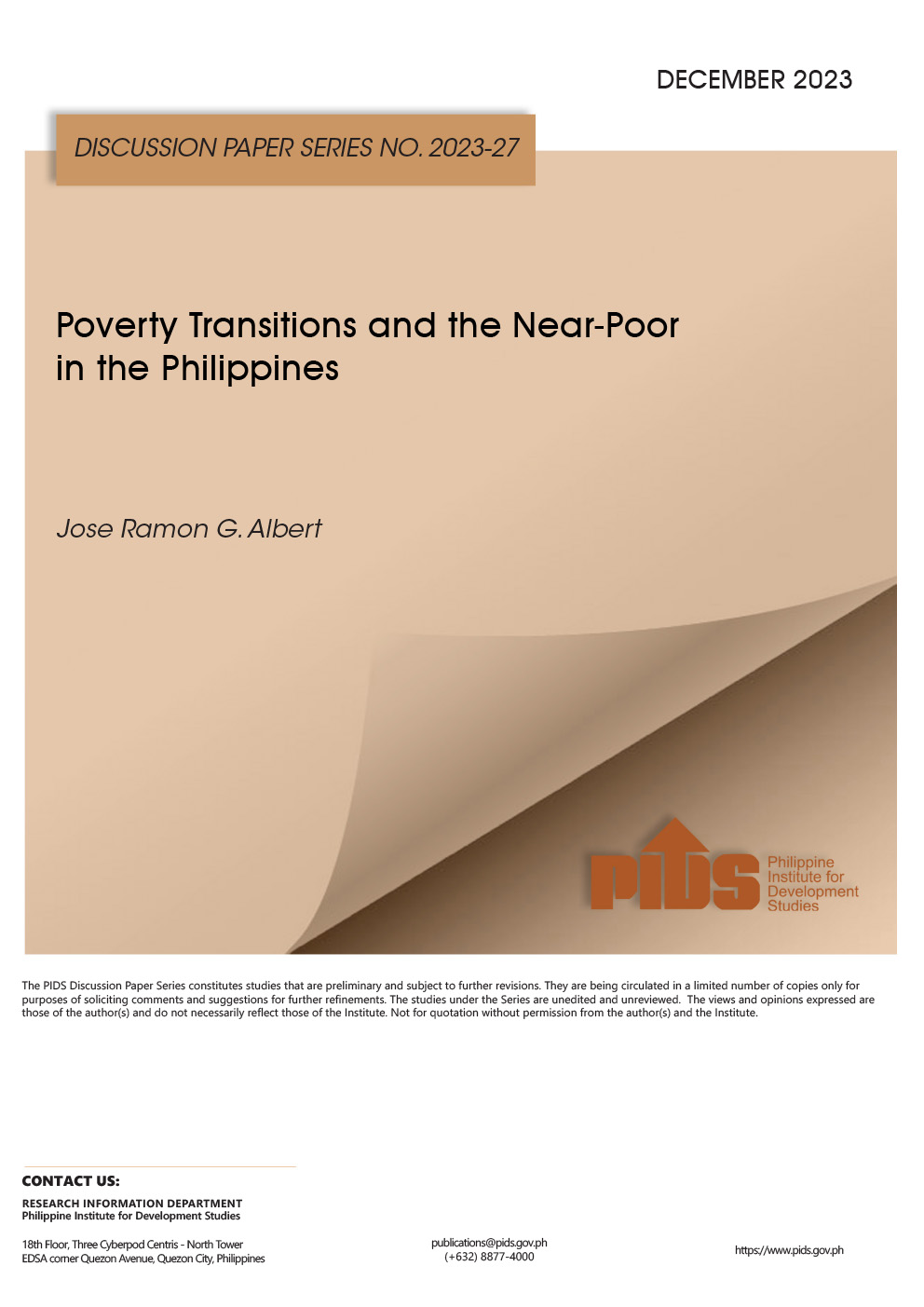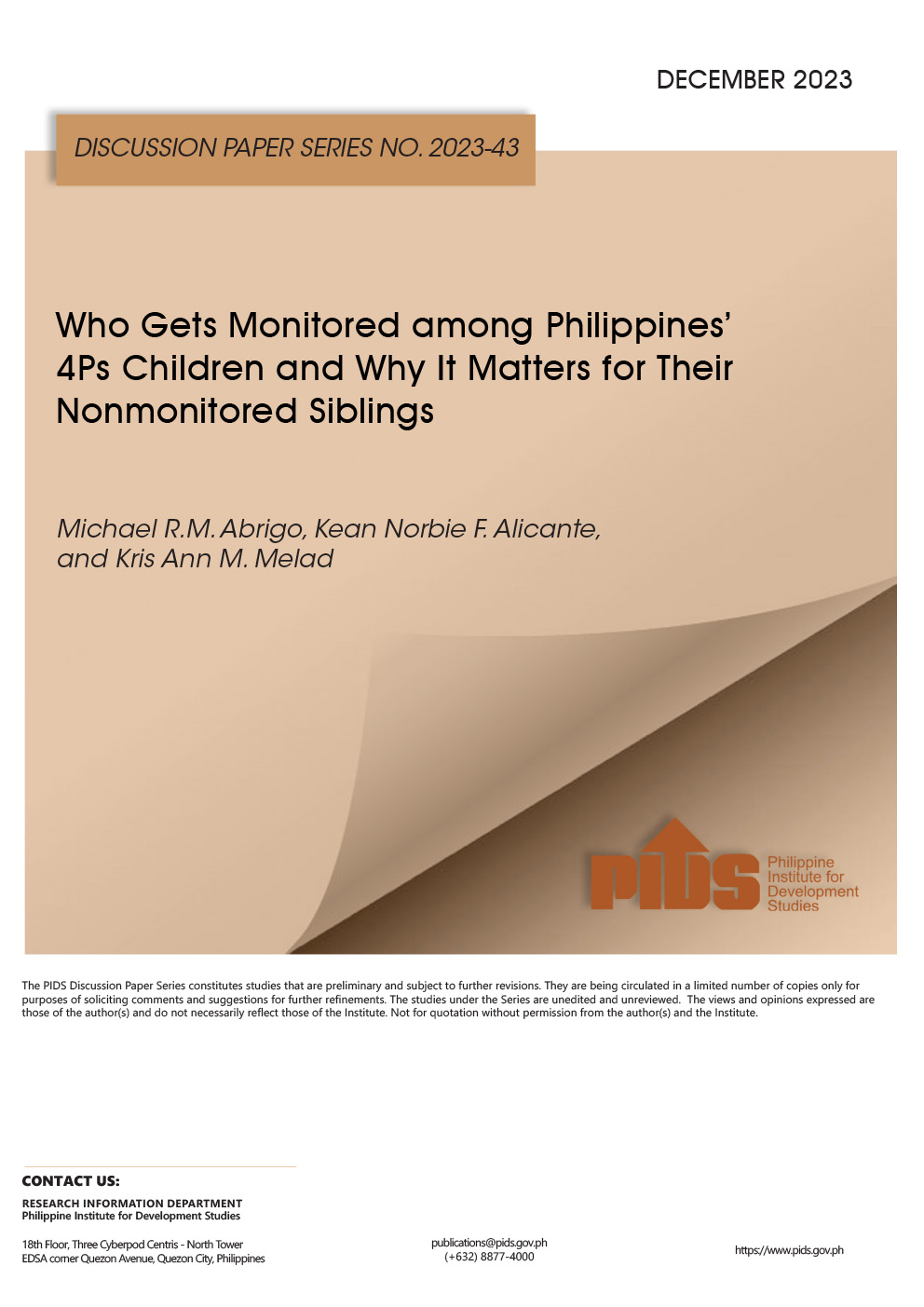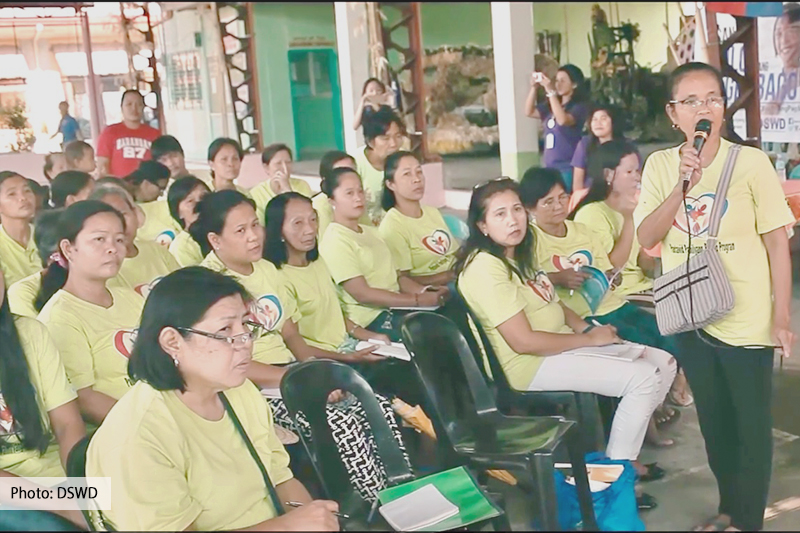In a nationwide survey by the National Economic and Development Authority (Neda), 79 percent of Filipinos envision a “simple and comfortable life” by 2040, and a “simple and comfortable life” means to be in the middle class.
From a Filipino perspective, who belongs to the middle class?
According to the same survey, Filipinos describe a “simple and comfortable life” in five points—a medium-sized home; enough earnings to support daily needs; owning at least one vehicle; financial stability to fend for their children’s college education; and going on local vacation trips.
Despite the abundance of characteristics used, the same description can sometimes be vague, hence a more technical definition by another institution is needed.
The industry lens
As the term suggests, the middle class bridges the gap between the rich and the poor, a gap that seems to be a lot thinner than many perceive. Data from the Philippine Statistics Authority showed that in 2012, only three out of 20 households belong to the country’s middle-class population, two-thirds of which reside in urban areas.
A more technical definition from the Philippine Institute for Development Studies (PIDS) is meanwhile based on income brackets. According to PIDS, a middle-class household earns a monthly income of P43,828 to P76,669. One significant takeaway from the data is the 13.9 percent allocation of the middle-class family for rent or rental value of their occupied dwelling units. Multiply that to the said income bracket, and you will have a rental budget anywhere between P6,092 and P10,657—an ideal range for mid-market housing developments.
Now, what is a mid-market housing development?
Although the price range for the mid-market may vary per industry, mid-market in real estate involves two price ranges—P3.2 million to P6 million a unit for horizontal or house-and-lot projects, and P960,000 to P1.8 million for lots. Local developers recognize this largely untapped market of the middle class, prompting many of them to shift their attention to this profitable segment.
High-end residences, amenities at a reasonable price
Understanding that most, if not all, mid-market housing developments are planned communities for specific inhabitants, developers add amenities to further ensure the comfort and convenience of the residents. Among the more common amenities include community centers, swimming pools, playgrounds, pet parks, and even fitness facilities.
Experiencing nature
The appeal of urban living and high-rise condominiums is undeniable. However, the allure of nature is also enough to make people pay a premium for such to be integrated within their communities. Some mid-market housing developments have included features such as parks and lush greenery within the community, easily within reach of the residents.
Greater sense of community
Especially for communities that cater to specific demographics like young couples and families, foreigners, or retirees, regularly interacting with the same people whose interests are similar to one another can build a good level of understanding with each other.
More than just a planned development
Mid-market housing developments are planned to be accessible, safe, aesthetically pleasing, and just about everything you’d like in a home or a neighborhood. However, many of these developments still ensure that their residents will have convenient access to commercial establishments, transportation stations and terminals, public facilities, and other infrastructure.
The author (ianfulgar.com) manages his own architectural and technology studio helping local and international clients looking for unique and future design specialties for hotels, condominiums, museums, commercial and mixed-use township developments with a pursuit for the meta-modern in the next Philippine architecture.
Related Posts
Publications
Press Releases
Video Highlights
[No related items]
Infographics
[No related items]





